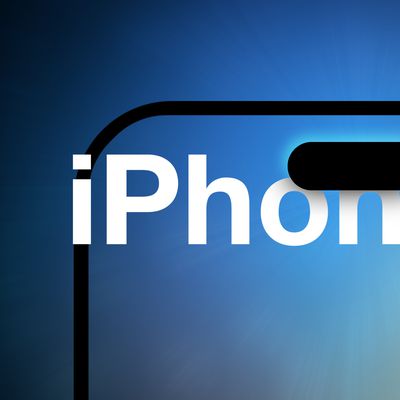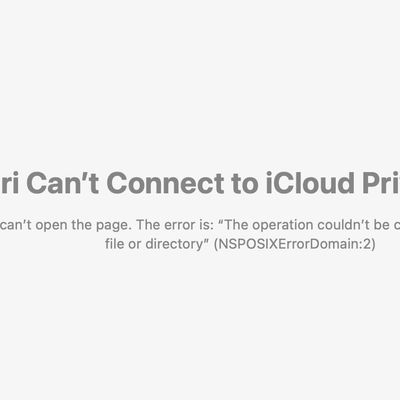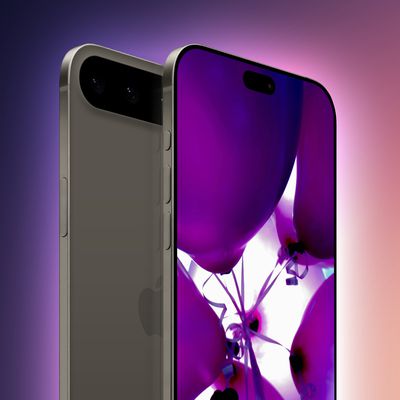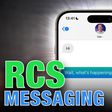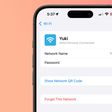Apple Will No Longer Approve Apps Using Unique Device Identifier (UDID) Beginning May 1, Must Also Support iPhone 5 and Retina Display
 Apple has informed app developers that it will no longer allow apps to use the unique device identifier or UDID after May 1, according to a post on Apple's developer website.
Apple has informed app developers that it will no longer allow apps to use the unique device identifier or UDID after May 1, according to a post on Apple's developer website.
Instead, Apple requests developers use the new 'Vendor or Advertising identifiers' that were introduced in iOS 6. Developers will also be required to support both the Retina display and the iPhone 5's 4-inch display, beginning on May 1.
Using Identifiers in Your Apps
March 21, 2013
Starting May 1, the App Store will no longer accept new apps or app updates that access UDIDs. Please update your apps and servers to associate users with the Vendor or Advertising identifiers introduced in iOS 6. You can find more details in the UIDevice Class Reference.
Make Your Apps Look Great on the Retina Display and iPhone 5
March 21, 2013
Starting May 1, new apps and app updates submitted to the App Store must be built for iOS devices with Retina display and iPhone apps must also support the 4-inch display on iPhone 5. Learn about preparing your apps by reviewing the iOS Human Interface Guidelines.
Apple announced in 2011 that it would be phasing out developer access to UDID's, and instead create a non-identifying marker for advertisers to use. A year ago, it was reported that Apple began quietly rejecting apps for the use of the UDID, but this public announcement suggests Apple has gotten more serious about shutting down use of the identifier.
Apple had been under increased pressure to change how the UDID works due to the privacy implications of a developer knowing which particular iOS device is being used to access their app. Apple and several app developers were sued over the use of the UDID to track users across different apps. While the UDID doesn't specifically identify a user, the sharing of UDIDs across ad networks and apps can help piece together a valuable picture of activity and interests of the user of a specific device. Apple seems to be requiring apps to generate their own unique identifiers for each installation to avoid this ability to share such information across apps.
Popular Stories
Following nearly two years of rumors about a fourth-generation iPhone SE, The Information today reported that Apple suppliers are finally planning to begin ramping up mass production of the device in October of this year. If accurate, that timeframe would mean that the next iPhone SE would not be announced alongside the iPhone 16 series in September, as expected. Instead, the report...
Key details about the overall specifications of the iPhone 17 lineup have been shared by the leaker known as "Ice Universe," clarifying several important aspects of next year's devices. Reports in recent months have converged in agreement that Apple will discontinue the "Plus" iPhone model in 2025 while introducing an all-new iPhone 17 "Slim" model as an even more high-end option sitting...
Apple supply chain analyst Ming-Chi Kuo today shared alleged specifications for a new ultra-thin iPhone 17 model rumored to launch next year. Kuo expects the device to be equipped with a 6.6-inch display with a current-size Dynamic Island, a standard A19 chip rather than an A19 Pro chip, a single rear camera, and an Apple-designed 5G chip. He also expects the device to have a...
Apple typically releases its new iPhone series around mid-September, which means we are about two months out from the launch of the iPhone 16. Like the iPhone 15 series, this year's lineup is expected to stick with four models – iPhone 16, iPhone 16 Plus, iPhone 16 Pro, and iPhone 16 Pro Max – although there are plenty of design differences and new features to take into account. To bring ...
Apple’s iCloud Private Relay service is down for some users, according to Apple’s System Status page. Apple says that the iCloud Private Relay service may be slow or unavailable. The outage started at 2:34 p.m. Eastern Time, but it does not appear to be affecting all iCloud users. Some impacted users are unable to browse the web without turning iCloud Private Relay off, while others are...
Apple is planning to release at least one iPhone 17 model next year with mechanical aperture, according to a report published today by The Information. The mechanical system would allow users to adjust the size of the iPhone 17's aperture, which refers to the opening of the camera lens through which light enters. All existing iPhone camera lenses have fixed apertures, but some Android...
 Apple has informed app developers that it will no longer allow apps to use the unique device identifier or UDID after May 1, according to a post on Apple's developer website.
Apple has informed app developers that it will no longer allow apps to use the unique device identifier or UDID after May 1, according to a post on Apple's developer website.



